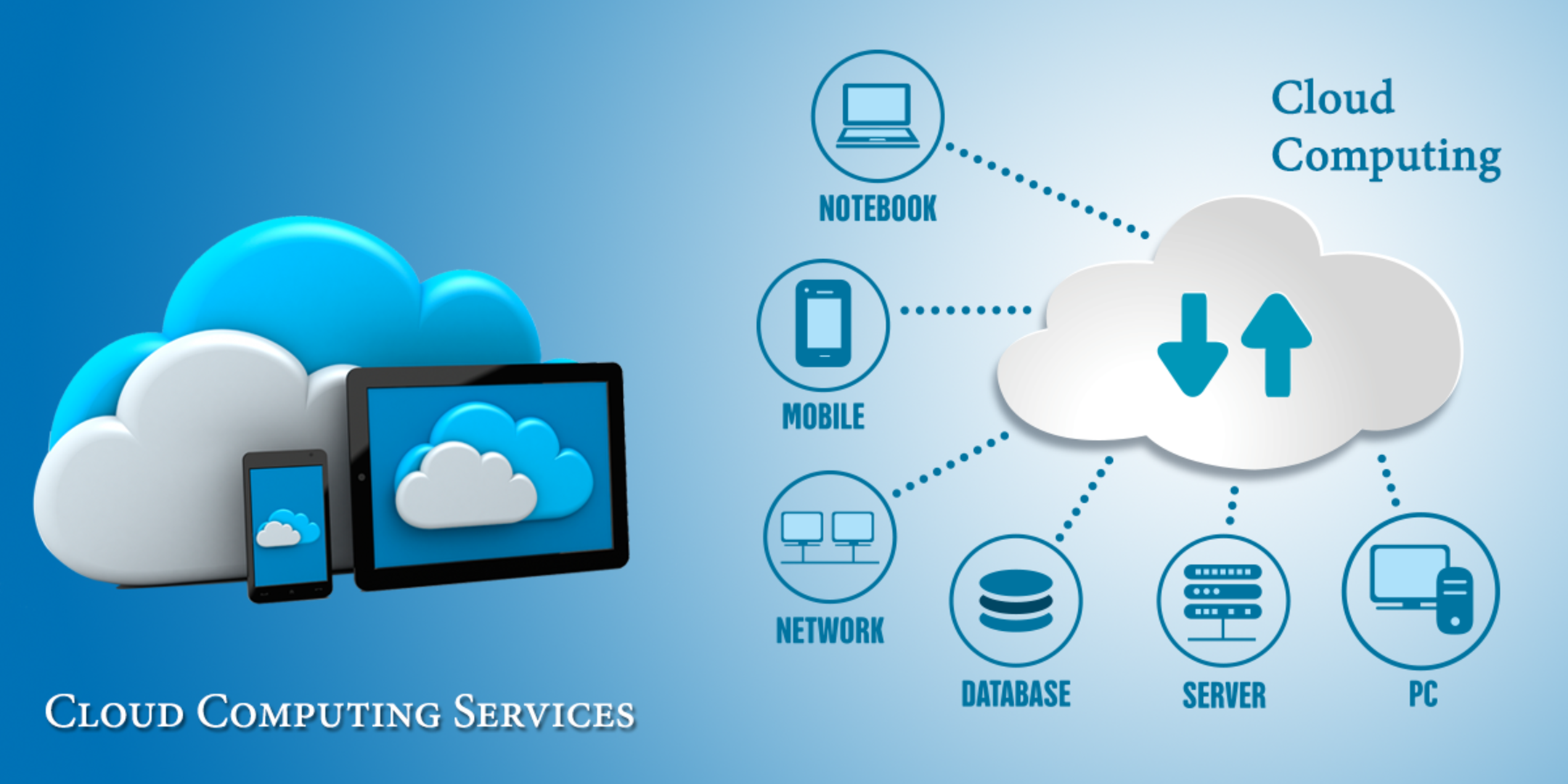Cloud Solutions Every Small Business Should Know
Exploring Cloud Solutions Every Small Business Should Know, this introduction delves into the essential aspects of cloud solutions, providing a comprehensive overview that is both informative and engaging.
The following paragraphs will detail the different types of cloud solutions, factors to consider when choosing them, and tips for implementation and integration.
Overview of Cloud Solutions for Small Businesses
Cloud solutions for small businesses refer to software and services that are hosted on remote servers and accessed over the internet. These solutions provide small businesses with the flexibility to store, manage, and access data and applications without the need for on-premises infrastructure.
Examples of Popular Cloud Solutions
- 1. Microsoft Office 365:Cloud-based productivity suite offering tools like Word, Excel, and Outlook.
- 2. Google Workspace:Collaboration platform with tools like Gmail, Drive, and Docs.
- 3. Salesforce:Cloud-based CRM software for managing customer relationships.
Benefits of Using Cloud Solutions for Small Businesses
- Cost-Effective:Eliminates the need for expensive hardware and maintenance costs.
- Scalability:Easily scale resources up or down based on business needs.
- Accessibility:Access data and applications from anywhere with an internet connection.
- Data Security:Cloud providers offer robust security measures to protect business data.
Types of Cloud Solutions

Cloud solutions offer a variety of services tailored to meet the needs of small businesses. Let's explore the different types of cloud solutions and how they can benefit your business.
Software as a Service (SaaS)
Software as a Service (SaaS) provides access to software applications over the internet on a subscription basis. This type of cloud solution allows small businesses to use software without the need for installation or maintenance. Some popular examples of SaaS include Google Workspace, Microsoft 365, and Salesforce.
SaaS is ideal for businesses looking for cost-effective and scalable software solutions that can be accessed from anywhere with an internet connection.
Infrastructure as a Service (IaaS)
Infrastructure as a Service (IaaS) offers virtualized computing resources over the internet. With IaaS, small businesses can access servers, storage, and networking components on a pay-as-you-go basis. Providers like Amazon Web Services (AWS), Microsoft Azure, and Google Cloud Platform offer IaaS solutions that allow businesses to scale their infrastructure based on demand.
IaaS is suitable for businesses looking to reduce hardware costs and have flexibility in managing their IT resources.
Platform as a Service (PaaS)
Platform as a Service (PaaS) provides a platform allowing developers to build, deploy, and manage applications without the complexity of infrastructure maintenance. PaaS offerings like Heroku, Google App Engine, and Microsoft Azure App Service provide tools and frameworks for developers to create custom applications quickly and efficiently.
Small businesses can benefit from PaaS by accelerating their application development process and reducing the time and resources required for deployment.
Factors to Consider When Choosing Cloud Solutions

When selecting cloud solutions for small businesses, there are several important factors to consider to ensure the best fit for your specific needs.
Scalability and Flexibility
One crucial factor to consider is the scalability and flexibility of the cloud solution. A good cloud solution should be able to grow and adapt with your business as it expands. This means being able to easily increase storage space, add users, and integrate new applications without major disruptions to your operations
Security Considerations
Security is another key consideration when choosing a cloud solution for your small business. Make sure the provider offers robust security measures to protect your sensitive data from cyber threats. Look for features such as encryption, secure access controls, and regular security updates to keep your information safe.
Implementation and Integration of Cloud Solutions
Implementing and integrating cloud solutions for a small business requires careful planning and execution to ensure a smooth transition. Here are the steps involved in implementing cloud solutions and tips for integrating them with existing systems and workflows.
Steps in Implementing Cloud Solutions:
- Assess your business needs and goals to determine the type of cloud solutions that best suit your requirements.
- Choose a reliable cloud service provider that offers the features and scalability your business needs.
- Develop a migration plan outlining the data, applications, and processes that will be moved to the cloud.
- Train your employees on using the new cloud solutions to ensure a smooth transition and maximize productivity.
- Monitor and evaluate the performance of the cloud solutions to make necessary adjustments and improvements.
Integrating Cloud Solutions with Existing Systems:
- Identify the systems and workflows that can be seamlessly integrated with cloud solutions for improved efficiency.
- Use application programming interfaces (APIs) provided by cloud service providers to connect cloud solutions with existing systems.
- Ensure data security and compliance by implementing encryption and access controls when integrating cloud solutions with sensitive information.
- Collaborate with IT professionals or consultants to customize integration processes and troubleshoot any compatibility issues.
Tips for a Smooth Transition to Cloud Solutions:
- Communicate the benefits of cloud solutions to employees and stakeholders to gain their support and cooperation.
- Start with a pilot project to test the effectiveness of cloud solutions before implementing them across the entire organization.
- Create a backup plan in case of any disruptions during the transition to minimize downtime and ensure business continuity.
- Regularly review and optimize your cloud solutions to leverage new features and advancements in technology for better performance.
Final Conclusion

In conclusion, Cloud Solutions Every Small Business Should Know offers a transformative approach to business operations, enhancing efficiency and productivity. This summary encapsulates the key points discussed, emphasizing the importance of embracing cloud solutions in today's competitive landscape.
Key Questions Answered
What are some popular examples of cloud solutions for small businesses?
Some popular examples include Dropbox, Google Workspace, and Microsoft Azure.
Why is scalability important when choosing cloud solutions for small businesses?
Scalability allows businesses to adjust their resources based on demand, ensuring cost-effectiveness and flexibility.
How can small businesses integrate cloud solutions with existing systems?
Integration can be achieved through APIs and proper configuration to ensure seamless connectivity.


